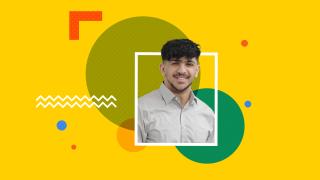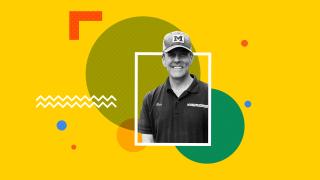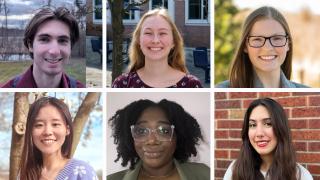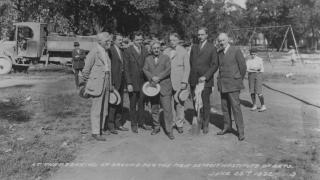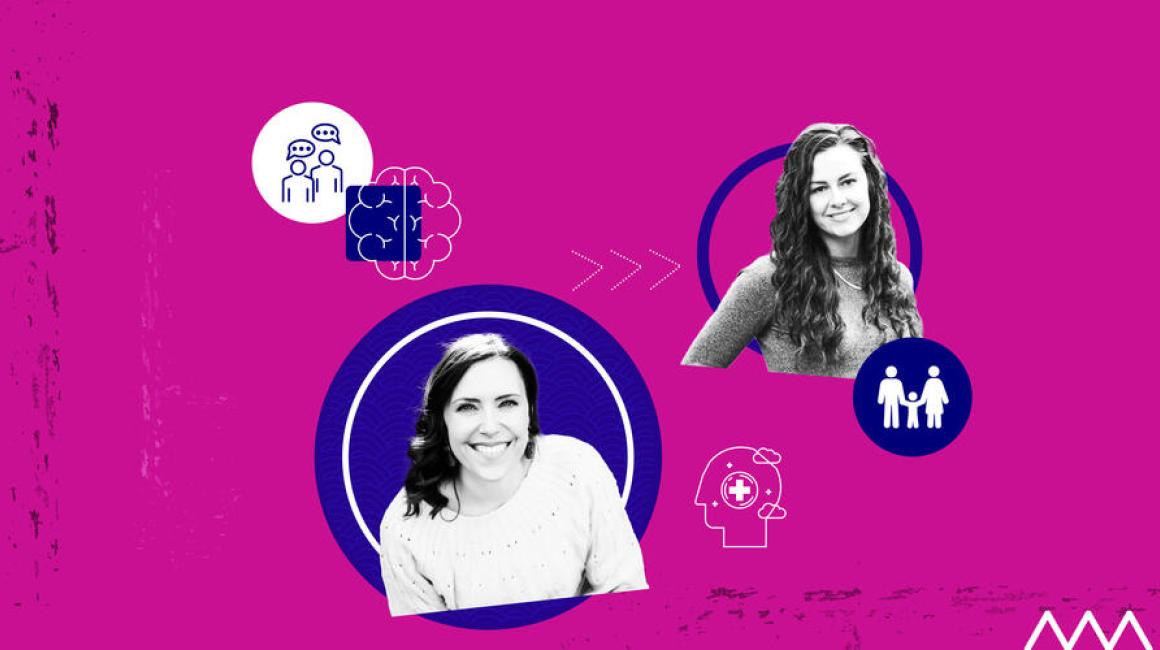
Lecturer Lacea Zavala’s Child Maltreatment and Trauma course carries the burden of having too much material to cover in a single semester. Yet before diving into any of her topical lectures, she begins the course with a student self-care assessment. The goal is to check and see how things are going both in their personal and academic lives, how they’re feeling about their mental health, and assess what kinds of things they’ll need to sustain themselves during the semester. This isn’t something new Zavala has introduced since COVID, when self-care routines have become more common in college classrooms. It’s always been part of her course, and in fact she sees it as essential. In teaching about childhood trauma, she has to be aware that many students may be drawn to the course because of some personal experience. As such, she needs to be extra attentive to the fact that talking about almost any subject, even in an academic sense, can have emotional impacts.
In fact, it’s actually quite common for Zavala’s students to share their own personal childhood traumas, both more publicly during class time and privately in assignments that are for her eyes only. In one way, that actually aids one of her early goals of the course, namely to remove some of the stigma by demonstrating the statistical prevalence of childhood maltreatment and trauma. However, as an instructor, she also has to be prepared to respond appropriately to the students putting themselves out there like that. “First, I always acknowledge it and the courage it takes to share their experiences,” Zavala says. “But it’s also sort of a heads up to me that if I see a student struggling — like, maybe not turn in an assignment on time — to check in and see if something we’re talking about in class has been triggering. That’s when you can respond as an instructor by maybe being more flexible with a deadline. Or in some cases, you can connect them with a mental health professional, if that’s what they need.”
Special care like this is essential because the material is indeed heavy. Zavala, who created this course for the College of Education, Health, and Human Services, says one of the primary purposes was to cover the mandated reporting regulatory framework as it applies to educators, social workers and other professionals. But within that context, EDC 439/539 covers a range of topics, including divorce and family separation, domestic violence, substance abuse, foster care and adoption, and the impacts of systemic poverty and racism on children's mental health. Students also get to do a deep dive into a subject of their choice with a special project that asks them to interview either a professional who works in a relevant field or someone who has experienced a childhood trauma. And to both bolster the curriculum and give the students a peek at their career options, Zavala takes the students on field trips to social service agencies, where they can hear directly from experienced child welfare professionals. (Since the pandemic, the format has shifted from in-person visits to recorded guest lectures from folks working in those agencies.)
UM-Dearborn alumna Laurel Smith, who took Zavala’s course in 2018 and is now enrolled in Wayne State University's social work master’s program, credits one of those field experiences with bringing some clarity to her career aspirations. That semester, the class visited a child advocacy center that helps suspected victims of abuse and trauma through the investigation, assessment, treatment and prevention process. The featured speaker was a forensic investigator who specializes in getting children to open up about their experiences and often collaborates with law enforcement or child protective services. “I knew I wanted to be an advocate for children in some way, and I was originally thinking about a career as a child life specialist,” Smith remembers. “But seeing that advocacy center and hearing from the forensic investigator, something clicked. I come from a family of law enforcement, and to see those two worlds come together made me feel like that was something that could really work for me.”
Smith says Zavala’s course also brought some clarity to her own life experiences. Her parents divorced when she was one, and she describes her mom and dad’s subsequent relationship as “tumultuous.” “I remember the screaming and the fighting, and the being shuffled from house to house. I always felt stuck in the middle,” Smith says. At the time, and even as a young adult, she says she didn’t really think of that time as a trauma experience. It was just what her life was. Taking Zavala’s course, however, gave her a new “vocabulary” to think about her experience. “As a kid, I remember feeling like I didn’t want to burden my mom with my own feelings, because she was a single mom and was dealing with a lot. But I wonder if I had someone like a school counselor looking out for me, would it have been different? So the course definitely brings up a lot of stuff. But for me, that’s ultimately been a good thing and I think it’s only strengthened my passion for helping kids.”
Zavala loves hearing that the course has this kind of impact on her students. Over the years, she’s seen many go into work in fields like social work, foster care, adoption, and child abuse prevention, and it’s personally rewarding to be part of their journeys. “I’ve always liked the imagery of the ripple effect,” Zavala says. “We all struggle with feeling like we’re making an impact, especially when you work in the field for a long time. But being an instructor, you do feel like you’re making a difference. You have this opportunity to change the lives and careers of people whose actions will have their own ripple effects.”
###
Story by Lou Blouin

